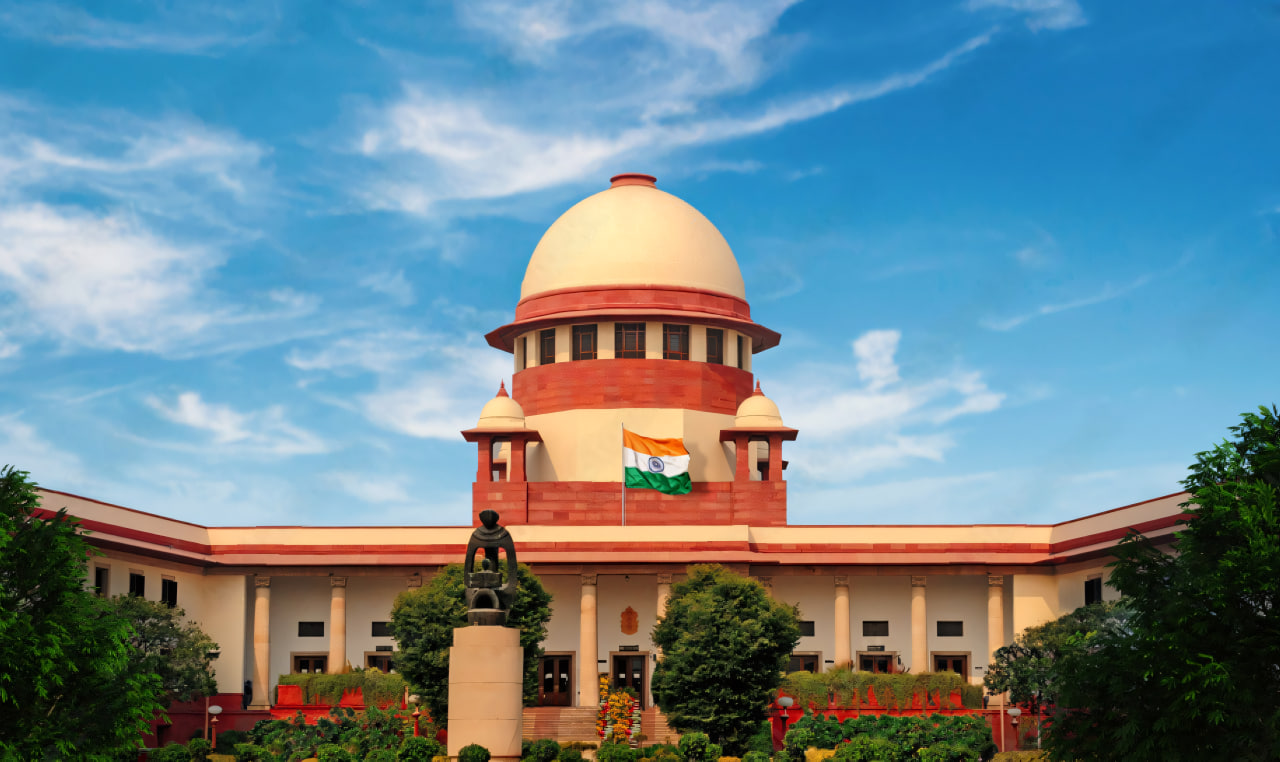The court’s remarks came while hearing a plea which alleged various violations under the Mental Healthcare Act, 2017 and the Rights of Persons with Disabilities Act, 2016.
New Delhi: The Supreme Court on Wednesday expressed “serious concern” over the alleged injustices and human rights violations that women in mental health institutions are put through across the country, LiveLaw reported.
The remarks came while the apex court bench was hearing a plea filed by advocate Gaurav Bansal which highlighted the miserable condition which women in mental health institutions are subjected to.
Bansal’s plea laid out specific forms of mistreatment meted out against women in these facilities, such as the forcible shaving of their heads. Further, the plea noted that there are no provisions for women residents to get identity cards, such as Aadhaar cards, and even basic necessities such as sanitary napkins are not provided to them. There is also an absence of any specific provision to ensure that mothers are not separated from their children in such institutions.
The conditions that inmates are subjected to were argued to be violative of several sections of the Mental Healthcare Act, 2017, such as Section 20 (1) which deals with the right to live with dignity, Section 20 (2) (b) and which require adequate sanitary conditions and facilities for leisure and recreation respectively, as well as several sections of the Rights of Persons With Disabilities Act, 2016.
Bansal’s plea made specific reference to the term ‘barrier’ as laid out in the Rights of Persons with Disabilities Act, 2016, which defines the term as, “…any factor including communicational, cultural, economic, environmental, institutional, political, social, attitudinal or structural factors which hampers the full and effective participation of persons with disabilities in society”. In this light, Bansal averred that there is a need to remove these barriers for people who no longer require hospitalisation and sought the court’s direction to ensure the same.
Bansal also made reference to a study by Human Rights Watch which noted the range of abuses faced by women residents of mental institutions who have psychosocial or intellectual disabilities. These abuses included prolonged detention, unsanitary conditions, neglect, involuntary treatment and violence.
The organisation’s report also noted that four of the government mental health facilities it had visited were overcrowded and lacked adequate sanitation.
The bench, consisting of Justices D.Y. Chandrachud, Vikram Nath and Hima Kohli, itself cited two additional research studies by the National Institute of Mental Health and Neuro Sciences (NIMHANS) in 2016 and one by the National Commission of Women (NCW) in 2020 which further detailed the injustices faced by women in mental health institutions, PTI reported.
In light of advocate Bansal’s remark that “rehabilitation is a complex term and that relocation does not mean the same as reintegration”, the court stated that several states, such as Uttar Pradesh, have in the past, merely redesignated old-age homes as halfway homes for residents who had been cured of their mental illness. Deeming this exercise “lip service”, the court stressed the need for the proactive development of halfway homes and that redesignation would not be regarded as compliance.
The court thus directed the Ministry of Social Justice and Empowerment to discuss these grievances with the concerned states during its monthly monitoring meetings and to ensure compliance.
The court also directed the Centre to file a status report one week before the next hearing on the matter, which is scheduled for the last week of December 2021.




